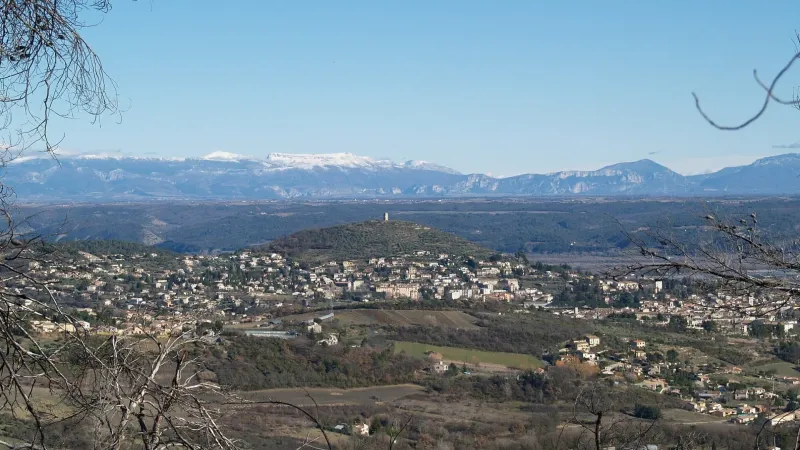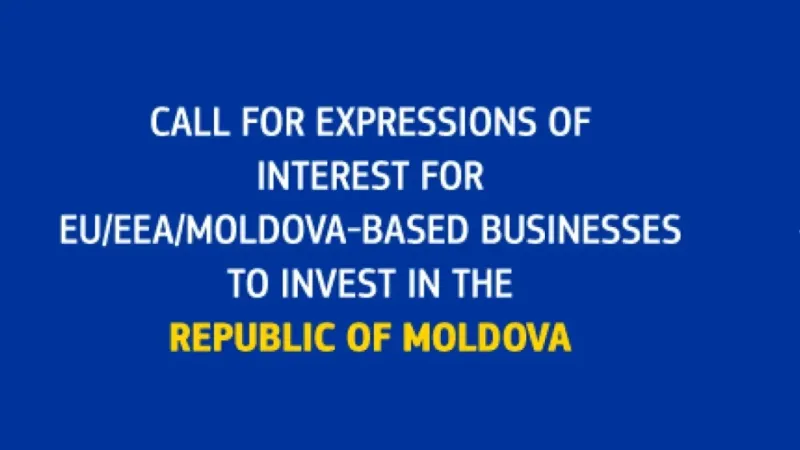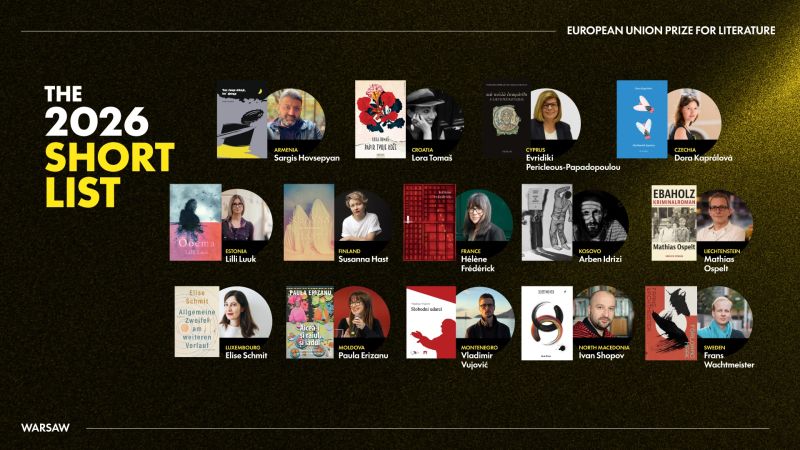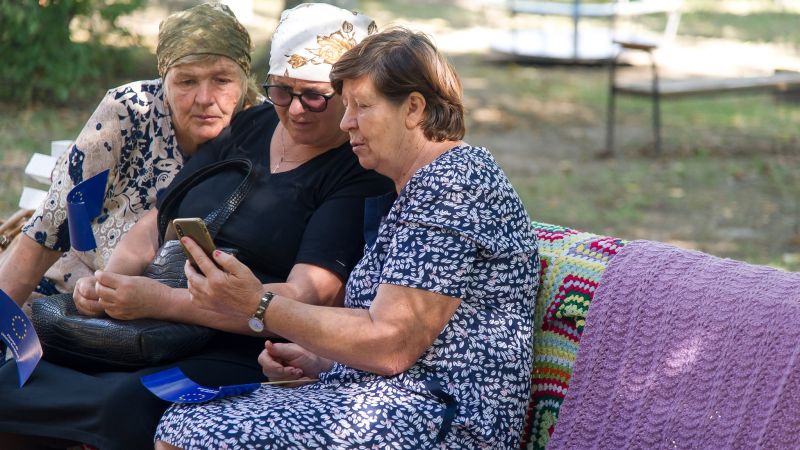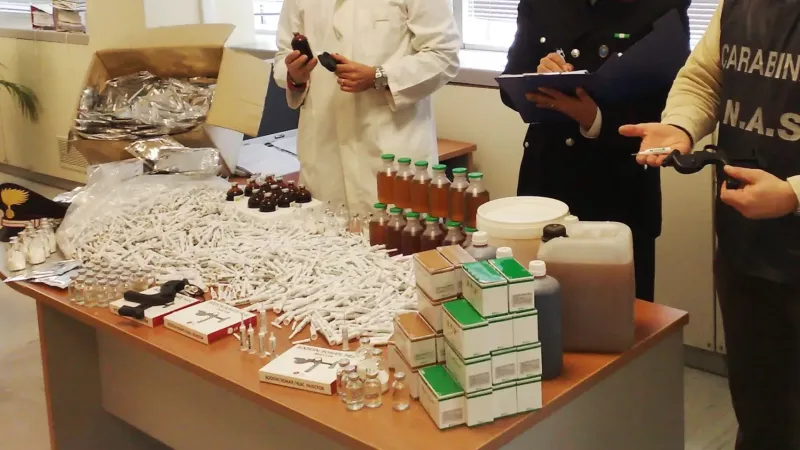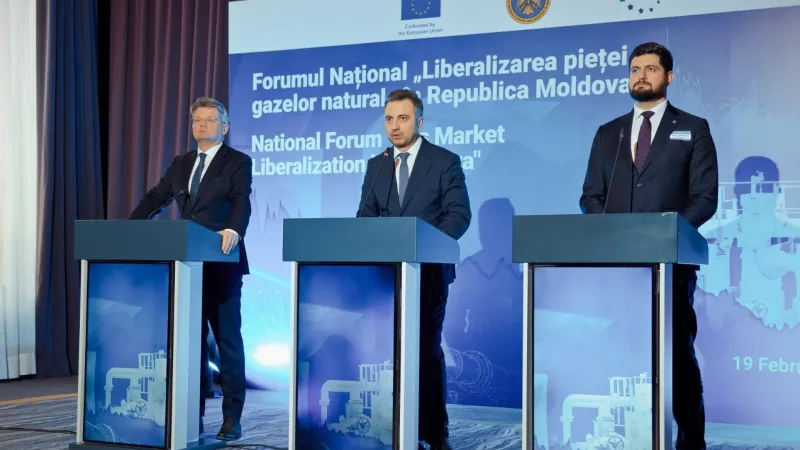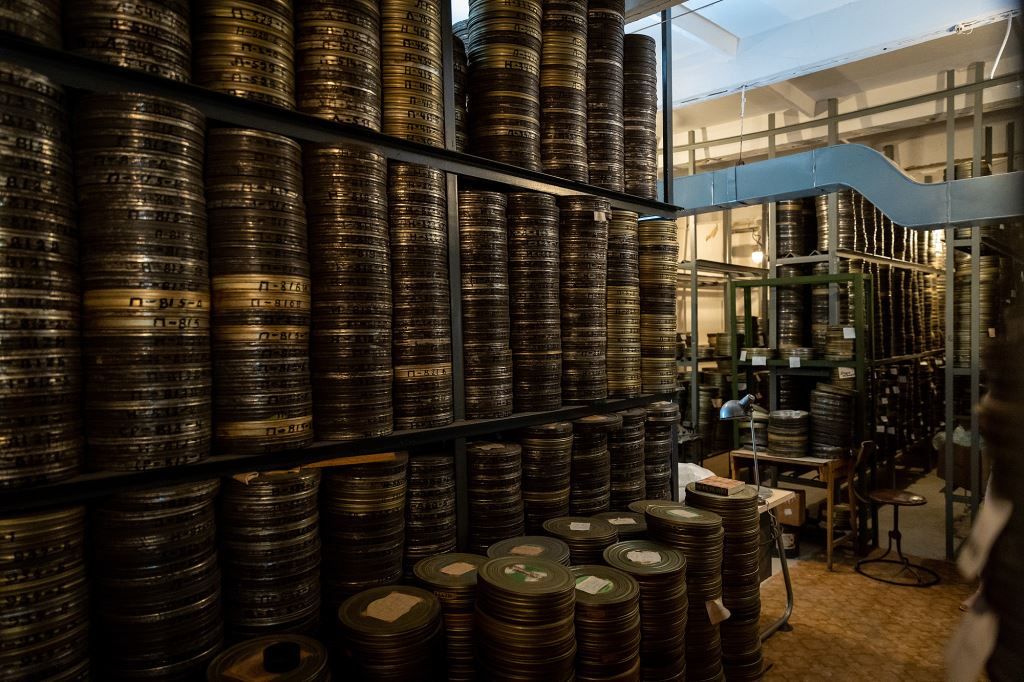
Peste 1600 de pelicule din arhiva Moldova Film vor fi digitalizate, cu sprijinul Uniunii Europene și al Guvernului SUA
Echipamente de ultimă generație vor asigura transferarea peliculelor din arhiva Moldova Film pe suporturi digitale. Astfel, peste 1600 de pelicule au șansa să revină pe micile și marile ecrane.
Cu sprijinul Uniunii Europene, a fost procurată o mașină de spălat cu ultrasunet pelicula. În 2021, Ambasada SUA la Chișinău a dotat cu echipament un laborator de digitizare pentru restaurarea și conservarea filmelor documentare și de lungmetraj din arhivă, reprezentând o parte importantă a patrimoniului istoric, cultural și artistic al Republicii Moldova. În același timp, tehnicienii au fost instruiți pentru a asigura transferul fără cusur al filmelor din arhivă în format digital.
„De aproximativ 70 de ani, Moldova Film a produs lucrări cinematografice remarcabile, care reprezintă bogata tradiție narativă a Moldovei și ne oferă o idee despre felul în care moldovenii au trăit, lucrat și visat cu ani în urmă”, a declarat Kent D. Logsdon, Ambasadorul SUA în Republica Moldova.
Inițiativa de digitalizare a filmelor din arhiva Moldova Film a fost selectată pentru finanțare în urma unui concurs lansat de programul UE „Măsuri de Promovare a Încrederii” implementat de PNUD, cu vot consultativ din partea publicului.
„Promovarea culturii ca instrument pentru relațiile pașnice intercomunitare este un element-cheie al programului UE „Măsuri de Promovare a Încrederii”, implementat în parteneriat cu PNUD, pentru consolidarea relațiilor dintre oameni și a cooperării dintre cele două maluri ale râului Nistru. Ne bucurăm că noi, Uniunea Europeană, putem contribui la valorificarea arhivelor de aur ale cinematografiei Republicii Moldova, în beneficiul cetățenilor săi!”, a declarat Jānis Mažeiks, Ambasadorul Uniunii Europene în Republica Moldova.
Procesul de digitalizare a început în 2021, cu 10 filme de ficțiune și 20 de documentare, care au fost prezentate la posturile TV Moldova 1 și Moldova 2. Primul film care a fost supus digitizării este „Haiducul”, pelicula câștigătoare la festivalul de film de la Cannes din 1986, secțiunea scurtmetraje.
„Din păcate, condițiile actuale de păstrare a filmelor pe peliculă nu mai asigură longevitatea acestora. Considerăm că sprijinul UE și SUA ne-au oferit soluția la momentul potrivit. Datorită suportului semnificativ, echipamentul de dezarhivare pus la dispoziția Moldova Film, vor fi scoase din nou la lumină filmele de altădată, cele care sunt considerate arhiva de aur. Astfel, generațiile noi vor reuși să vadă filmele cu care au crescut bunicii și părinții”, a declarat Alisa Grecu, directoare generală interimară Moldova Film.
Filmele digitalizate din arhiva Moldova Film au fost difuzate la cinematograful Odeon din Chișinău, dar și în alte localități din țară.
„Filmele și animațiile produse la nivel local sunt un tezaur și un element integral al patrimoniului cultural. Păstrarea lor în siguranță, prin digitalizare, este esențială pentru menținerea acestei moșteniri și pentru a inspira noile generații să învețe despre generațiile trecute, precum și să susțină această industrie creativă importantă”, a afirmat Dima Al-Khatib, Reprezentantă rezidentă PNUD în Republica Moldova.
De asemenea, Studioul Moldova Film dispune de un fond cinematografic, considerat patrimoniu național, care timp de aproape 70 de ani a acumulat peste 1600 filme, dintre care de ficțiune – 180, documentare – 1050, animație – 109, jurnale „Sovietscaia Moldavia” – 231.
Pentru informații suplimentare o puteți contacta pe Lia Chetrari, consultantă media și comunicare, la numărul de telefon 069926762 sau la adresa de email lia.chetrari@undp.org.
